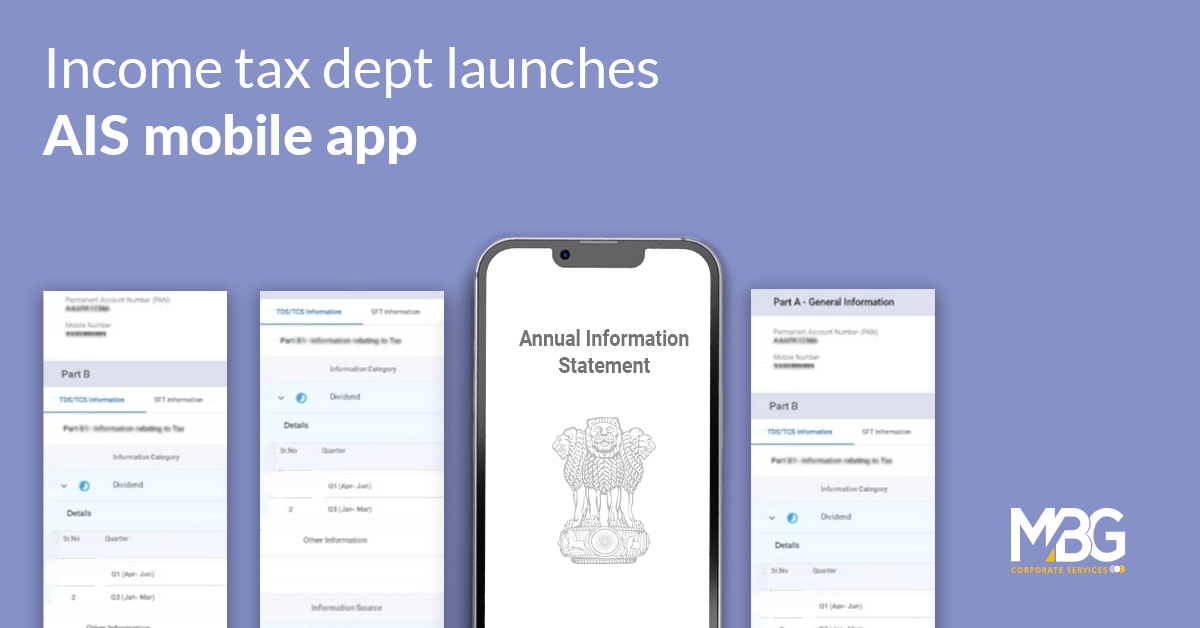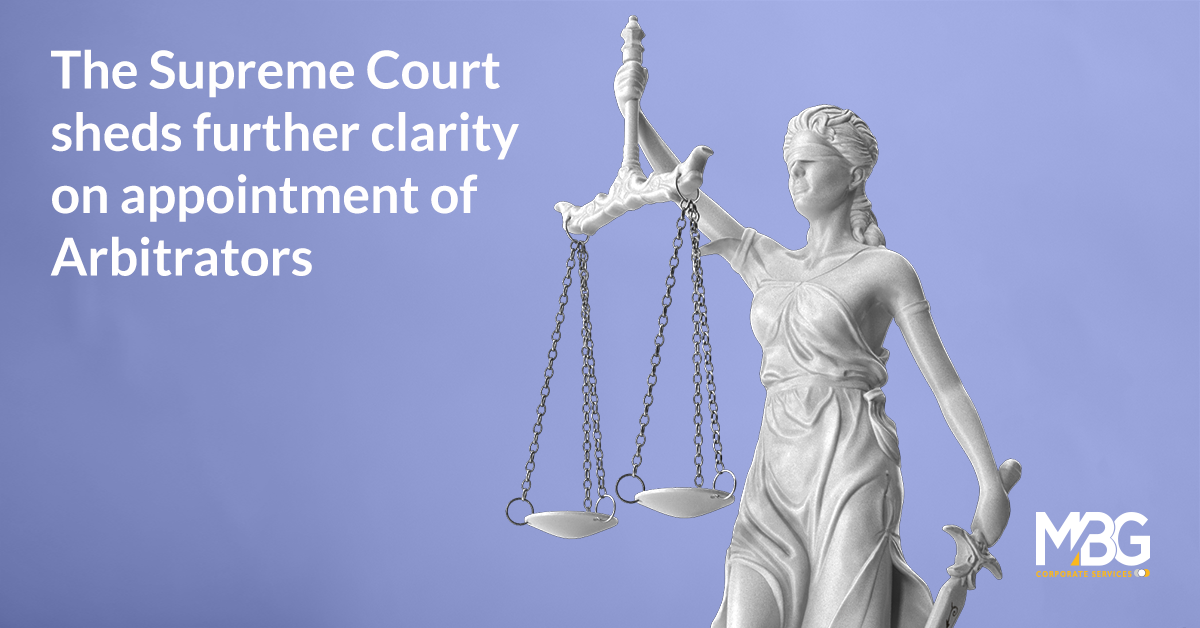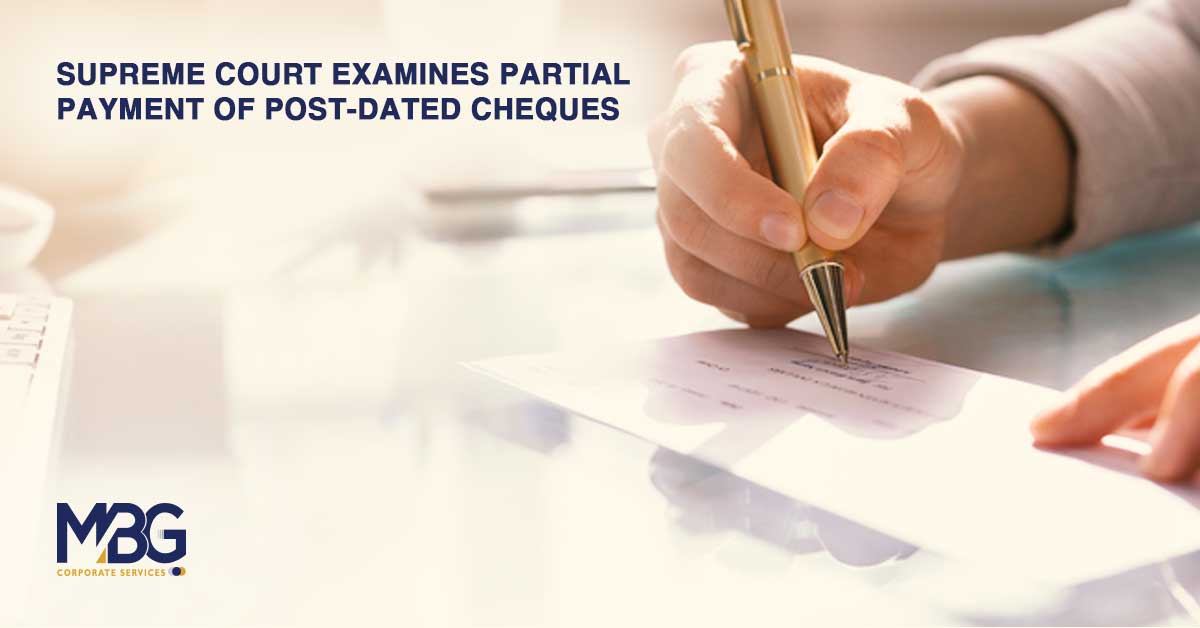Direct Tax Alert
Supreme Court ruling on what constitutes a Permanent Establishment
August 04, 2020

The Supreme Court in its recent judgment in the matter of Director of Income Tax-II (International Tax), New Delhi v/s Samsung Heavy Industries Co. Ltd (also referred to as ‘Assessee’) (Appeal no. 12183/ 2016), held that for a Project Office (PO) of a foreign enterprise set up in India to constitute a Permanent Establishment (PE), it is essential to examine whether the PO carried out core business activities of the foreign enterprise or whether it is merely carrying out preparatory or auxiliary activities.
Brief Facts
- Oil and Natural Gas Company (ONGC) awarded a ‘turnkey’ contract to a consortium comprising the Samsung Heavy Industries Co. Ltd. (‘Assessee’) being a Company incorporated in South Korea, is a contract for carrying out the ‘work’, inter alia, of surveys, design, engineering, procurement, fabrication, installation, and modification at existing facilities, and start-up and commissioning of entire facilities covered under the ‘Vasai East Development Project’;
- The Assessee set up a Project Office (‘PO’) in India (Mumbai) to act as a communication channel between Assessee and ONGC;
- The Assessee filed a NIL income declaring a loss in its return of income in relation to activities carried out in India. The Assessing Officer (AO) held that the entire ‘turnkey’ contract was indivisible in nature and ONGC was to take over the project upon its completion. Hence, that the work relating to fabrication and procurement of material was very much a part of the contract for execution of work assigned by ONGC, which was carried out by the PE in India;
- The AO in its Draft Order then went on to attribute 25% of the revenues allegedly earned outside India to the PO, as taxable in India. The said view was thereby upheld by the Hon’ble Dispute Resolution Panel (DRP) as well;
- Aggrieved, the Assessee filed an appeal with the ITAT which too held that the contract was indivisible in nature. Further, there was nothing on records to ascertain whether the PO was carrying out auxiliary activities and thereby upholding the view of AO and DRP on the matter;
- The Hon’ble High Court (‘HC’) held that the question of PO to be held as PE within the meaning of Article 5 of the tax treaty between India and Republic of Korea would be of no consequence. It further held that there was no factual finding on record by the Revenue authorities that 25% of the gross revenue of the Assessee outside India was attributable to the business carried out by the PO of the Assessee . Accordingly, the HC held in the favor of the Assessee, which was consequently challenged by the Revenue Authorities in the Apex Court.
Ruling by the Supreme Court
- The Hon’ble Supreme Court relying on various judgments (DIT v Morgan Stanley & Co., Ishikawajima-Harima Heavy Industries Ltd v DIT, DIT v E-Funds IT Solution Inc., CIT v Hyundai Heavy Industries Co Ltd) held that a fixed place PE is constituted under Article 5(1) of Tax treaty between India and Republic of Korea ‘through which the business of a foreign enterprise’ is wholly or partly carried on. Further, the taxability of profits arise when the said enterprise carries out ‘core activities’ through such PE;
- The maintenance of a fixed place of business which is of a preparatory or auxiliary character in the trade or business of the enterprise would not be considered to be a permanent establishment under Article 5 of the aforesaid tax treaty;
- It observed that finding of tax authorities that onus to demonstrate PO does not constitute a PE on taxpayer was against the decision in case of E-funds IT Solution Inc. Further, it also observed that ITAT ignored the fact administrative staff working in the PO were not in a position to undertake core activities of the Assessee;
- Therefore, ruling in favor of the Assessee the Apex Court held that no PE was set-up under Article 5(1) of the tax treaty as the PO cannot be said to be a fixed place of business through which core business activities of the Assessee are carried out. Further, the PO would fall under Article 5(4)(e) of the tax treaty as the office was involved exclusively in auxiliary activities and meant to act as a liaison office between the Assessee and ONGC.









